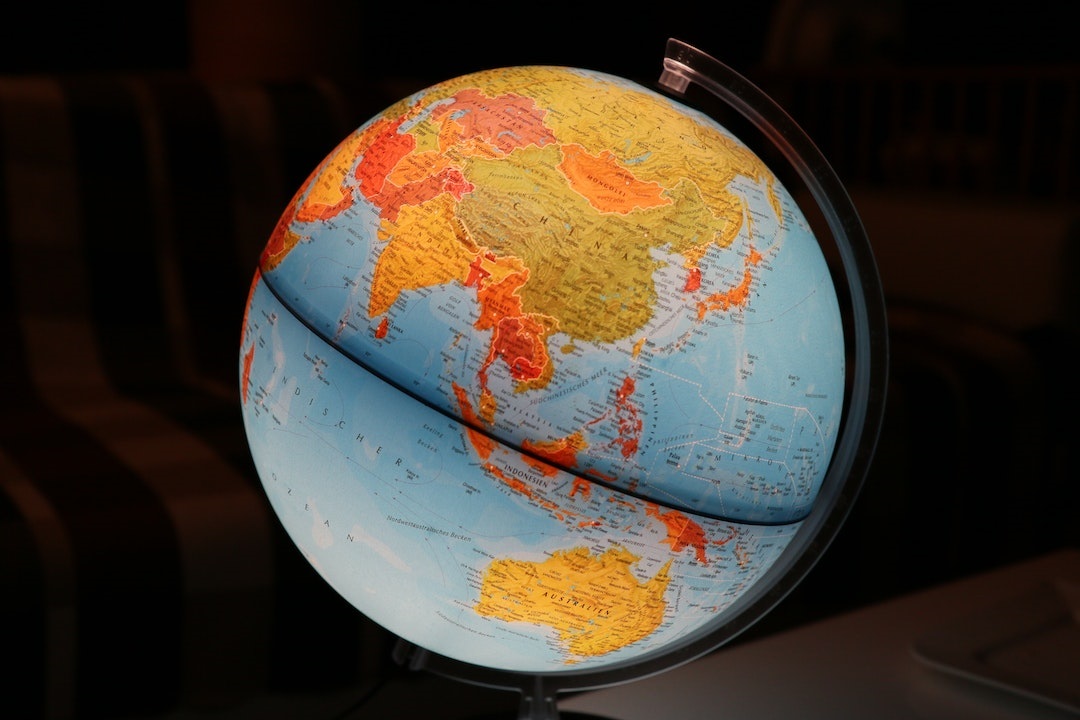The negative impacts of Globalisation?
Globalization has had both positive and negative impacts on economies, societies, and the environment. While globalization has brought numerous benefits such as increased economic growth, access to new markets, and cultural exchange, it has also been associated with several negative consequences. Here are some of the negative impacts of globalization:
Inequality: Globalization has exacerbated income inequality both within and between countries. Developed countries tend to benefit more from globalization, while developing countries often struggle to compete and face increased inequality within their own societies. This can lead to social unrest and political instability.
Job Displacement: Globalization has led to the outsourcing and offshoring of jobs from developed countries to low-wage countries. This has resulted in job losses, particularly in manufacturing industries, in developed countries. Workers who lose their jobs often face difficulties finding new employment, leading to economic hardships and social tensions.
Exploitation of Labor: In the race to cut costs and increase profits, some multinational corporations exploit cheap labor in developing countries. Workers may be subjected to poor working conditions, low wages, long hours, and limited labor rights. This has raised ethical concerns and led to calls for better labor standards and regulations.
Environmental Degradation: Globalization has increased the demand for natural resources and production, leading to environmental degradation. The pursuit of economic growth has often come at the expense of ecosystems, leading to deforestation, pollution, and climate change. Global efforts to address these issues have been slow and insufficient.
Cultural Homogenization: Globalization has resulted in the spread of Western culture and values, leading to the erosion of traditional cultures and languages in many parts of the world. This can lead to a loss of cultural diversity and identity, as well as cultural clashes and tensions.
Health Risks: Globalization has facilitated the rapid spread of diseases and pandemics. Increased travel and trade can accelerate the transmission of infectious diseases across borders. Moreover, global trade agreements can limit countries’ ability to regulate harmful products such as tobacco, leading to negative health impacts.
Economic Dependence: Globalization has created economic interdependence among countries, making them vulnerable to global economic crises. Financial instability in one country can quickly spread to others, leading to economic recessions and hardships for millions of people.
It is important to note that while globalization has its drawbacks, it has also brought significant benefits. Efforts should be made to mitigate the negative impacts and ensure that the gains of globalization are more equitably distributed.

